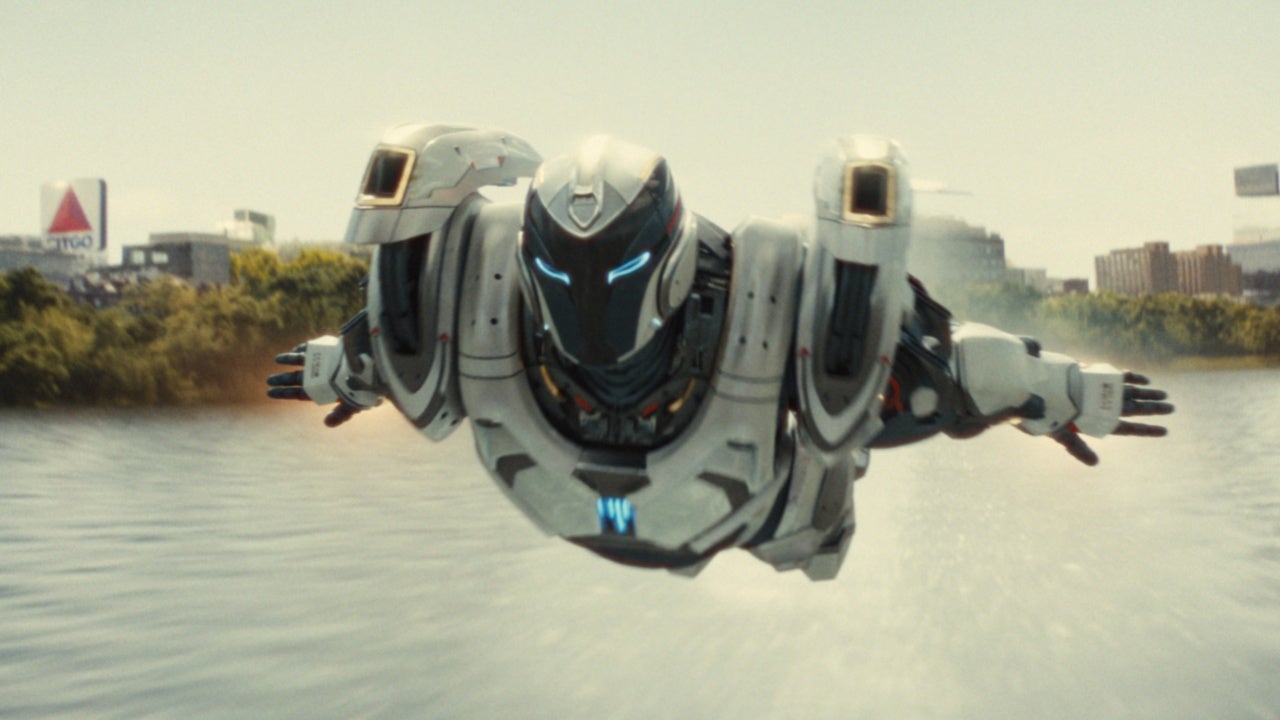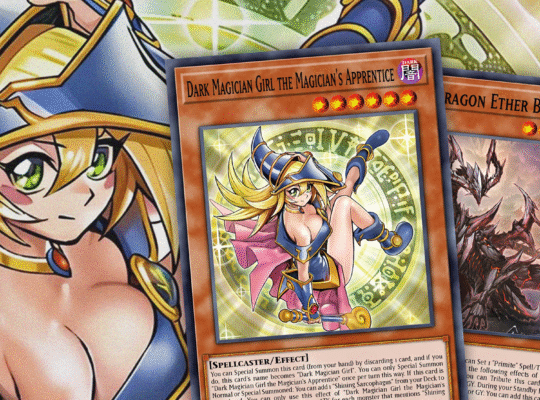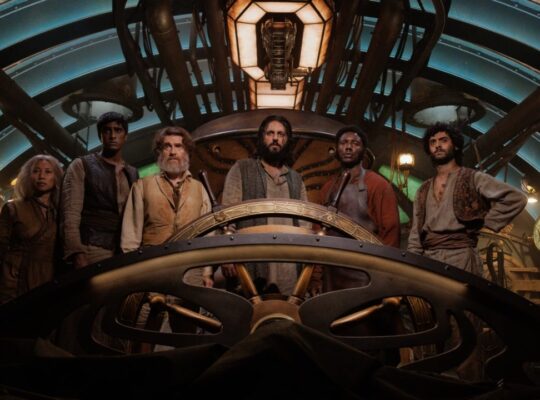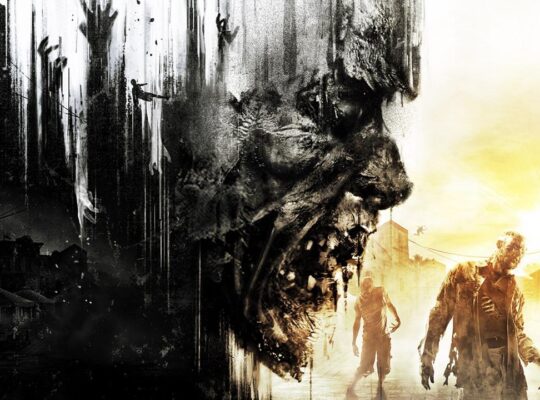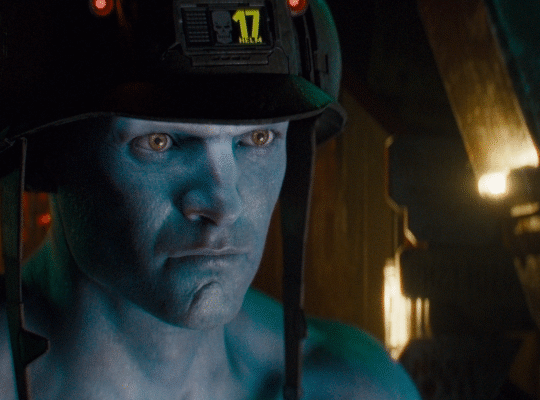
The first three episodes of Ironheart are now streaming on Disney+. The remaining three episodes premiere Tuesday, July 1.
Across centuries and cultures, innumerable stories have followed the same basic structure: Answering the call of adventure, a character breaks out of their everyday existence, venturing into the unknown to face untold trials and great peril, triumphing over adversity and returning to where it all began a changed person. This so-called “hero’s journey” has shaped much of the Marvel Cinematic Universe, where Iron Man, Thor, Black Panther, Captain Marvel, and others have embarked on high-octane escapades where they must save the world while confronting a variety of identity crises. Ironheart, the MCU’s 14th live-action Disney + series, certainly begins with similar intentions. But the magical powers intruding on Riri “Ironheart” Williams’ (Dominique Thorne) six-episode scientific crusade fail to transform her in any meaningful way. By the finale, we’re left with a disappointing hero who seemingly hasn’t learned any lessons.
Though Riri was previously introduced as the tech prodigy whose vibranium detector kicks off the plot of 2022’s Black Panther: Wakanda Forever, Ironheart is her origin story. It starts well enough: A genius MIT student with dreams of being bigger than “Gates, Jobs, Pym, and Stark combined,” she’s continuing her efforts to create an advanced Iron Man-like armored suit – until she’s sent packing for helping her peers cheat on their assignments and causing too much destruction in the school labs. With Thorne establishing her character’s confident, often arrogant, and quite selfish nature in quick order, Riri steals the prototype suit and flies home to Chicago, where the story proper begins.
That’s a rich place to start any hero’s journey – and one that mimics Tony Stark’s in Iron Man. It’s refreshing to see a female character act as reckless and self-determined as Tony, but there’s a key difference in how far that recklessness and self-determination can take them: the endless resources of a rich white man like Tony aren’t available to a poor black woman like Riri. Enter Parker Robbins, a.k.a. The Hood, played with cool charisma by Anthony Ramos. He offers Riri the first of Ironheart’s many Faustian bargains: She can get all the money she needs to complete her suit in exchange for joining his gang of criminal misfits.
As Parker’s pseudonym and band of merry accomplices imply, he’s a Robin Hood figure – but unlike the British legend, The Hood’s gang of hackers, knife throwers, pyromaniacs, and bare-knuckle fighters steal from the rich to give to themselves. Armed with a magical cape that gives him the ability to become invisible and bend bullets Matrix-style, Parker supplies one of Ironheart’s central tensions: An existential tug-of-war between magic and science that recalls WandaVision. This exploration of energy, human consciousness, and mysticism is aided by some fun new witches who teach Riri that she can’t defeat The Hood’s dark powers with calculations and machines alone. So maybe she learns one lesson; sadly, she doesn’t heed the witch’s warning that magic comes with a cost.
By episode three, Riri is forced to reckon with the compromises she’s making in pursuit of genius when the jobs get increasingly violent and the cape’s devilish influence emboldens Parker’s darkest ambitions. Their heists, which include shutting down an underground transport system and breaking into a Fort Knox-like greenhouse facility, hark back to the gritty, quippy early ’00s capers of Gone in 60 Seconds and the first few Fast and Furious films. Unfortunately, the fight sequences where Riri suits up aren’t as flashy. They’re low-stakes, and don’t have quite the ambition or scale of previous armored battles in the MCU.
Parker and his gang have each been marginalized by society in some way, but it’s hard to root for their revenge mission against that society – with what little backstory Ironheart gives them, we have no reason to sympathize with their selfishness. Are they really any better than the people they steal from? Series creator Chinaka Hodge’s answer seems to be a cynical one that sees Riri not just turn to crime to solve her problems, but to trigger malevolence in others. Specifically, Joe McGillicuddy (Alden Ehrenreich), a self-effacing and fearful black-market inventor striving not to follow in the footsteps of his crooked dad. Initially, this has all the makings of an intriguing, subversive sins-of-the-father storyline with Ehrenreich perfectly selling Joe’s earnest pursuits. Instead, it reverts to convention by having him turn to the dark side (Palpatine-esque lightning powers included) when Riri lands him in trouble and biological upgrades turn him into a weapon of mass destruction.
There are a lot of daddy issues flying around Ironheart, but Riri’s are the only ones with a loving foundation. Through flashbacks, we see the drive-by shooting that killed her mechanic stepfather, Gary (LaRoyce Hawkins), as well as her best friend, Natalie (Lyric Ross). Like many MCU heroes, Riri finds poignant, grief-stricken motivation in her loved ones’ deaths. She wants to protect the people closest to her, but never in Ironheart do we really see her do so. She just uses the suit to commit crimes and fix problems of her own making.
To Ironheart’s credit, it does offer a stirring relationship dynamic between Riri and Natalie. It just requires the resurrection of the latter in the form of Neuroautonomous Technical Assistant and Laboratory Intelligence Entity – N.A.T.A.L.I.E. for short. An artificial intelligence created by a glitch in Riri’s brain-mapping-assisted suit programming, N.A.T.A.L.I.E. has all the same mannerisms, memories, and personality traits as her namesake. This causes initial friction as Riri contends with this personification of her dead best friend. It’s yet another Iron Man parallel: The transformation of Tony’s digital assistant J.A.R.V.I.S. into Vision is something everyone in the MCU accepts but few can explain; it’s only when Riri accepts the uncertainty of how N.A.T.A.L.I.E. came to be that they can emotionally connect (and Thorne and Ross can resume infusing that connection with humour and heart).
Alas, by the series’ end, Riri is back to her selfish and reckless ways. In an anticlimactic final scene, she’s propositioned by “another magical asshole,” and makes an infuriatingly bad decision, one that undoes her entire journey. It’s a defeatist ending that makes a cynical argument: No matter what soul-wrenching odyssey they’ve been on, any hero, villain, or average Joe would make a deal with the devil to get what they truly desire.


